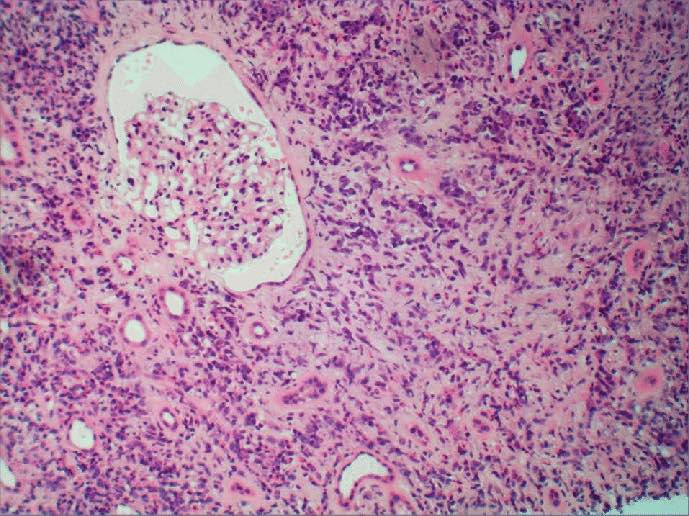The EUROIMMUN Anti- PLA2R IFA, the first blood test to help determine if a specific type of kidney disease, called membranous glomerulonephritis (MGN), is due to the body’s rejection of its own kidney tissue (autoimmune) or if it is due to another cause (such an infection) has been approved by the FDA. MGN is most commonly found in white adult males.
MGN is a chronic kidney disease that causes damage to the cluster of blood vessels in the kidneys that filter the blood and begin the process to remove waste and excess fluid from the blood. Once the disease progresses, other areas of the kidney become damaged. Symptoms of the disease include swelling, high cholesterol, high blood pressure and increased predisposition to blood clots, and can eventually lead to the need for a kidney transplant. While 85% of membranous glomerulonephritis results from the body’s immune system mistakenly attacking healthy kidney tissue, a condition called primary MGN (pMGN), some cases are associated with secondary conditions such as infections or tumors, adverse reactions to drugs, or poisoning).
“Treatment of MGN depends on the underlying cause of the disease,” said Alberto Gutierrez, Ph.D., director of the Office of In Vitro Diagnostics and Radiological Health in the Center for Devices and Radiological Health at the FDA. “This test can help patients get a timely diagnosis for their MGN and aid with earlier treatment.”
However, he warned that the EUROIMMUN Anti- PLA2R IFA test “should not be used alone to diagnose pMGN. Additional information, including patient symptoms and other laboratory tests, should always be considered when making a diagnosis of pMGN. A biopsy of the kidney is needed to confirm the diagnosis of pMGN. A negative result from the test does not rule out a diagnosis of pMGN. In addition, doctors “The test should not be used to monitor the stage of disease or the response to treatment.”








